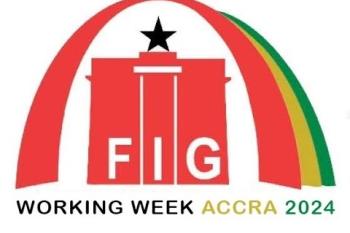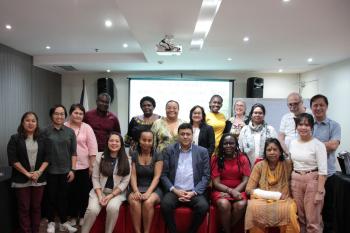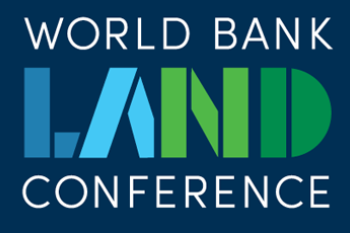Habitat International Coalition: Housing, land and sustainable development
One of the pillars of sustainable development is the right to adequate housing and land. However some 1.6 billion people are currently living in sub-standard housing, 100 million are homeless, and around a quarter of the world's population is estimated to be landless. In 'developing' countries the number of people living in slums is 828 million; all of them lack access to 'improved' water sources and adequate sanitation and live in distressed housing conditions without sufficient space or secure tenure. More than 60 million new slum dwellers have been added to the global urban population since 2000.
Civil society organizations and social movements worldwide are articulating the "right to the city," promoting land as a human right and stressing the need to recapture the social function of property. These movements and campaigns provide the beginnings of the radical rethinking necessary to challenge the neo-liberal economic policies that have been institutionalized around the world.
The adoption and implementation of the human rights approach is essential if sustainable development is to become a reality for all, especially the world's marginalized. Failure to embrace this approach will lead to more hunger, dispossession, homelessness, landlessness and environmental degradation across the globe. The impact of rights violations will be particularly severe for women, children, indigenous peoples, coastal communities, forest dwellers, small farmers, landless workers, and the urban poor.
From the Habitat International Coalition website

